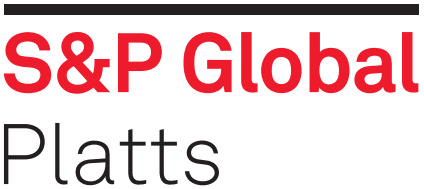
China’s Jingye is committed to completing the acquisition of British Steel as quickly as possible despite the fact that Thai-based Sahaviriya Steel Industries (SSI) just bought now the remaining 50% of Redcar Bulk Terminal that it didn’t already own, British Steel’s official receiver told S&P Global Platts Tuesday.
“The potential acquisition of the remaining 50% shareholding in the Redcar Bulk Terminal was known when the sales agreement for British Steel was drawn up,” the official said. “It does not affect the British Steel sale.”
Sources close to the deal said that Jingye had been interesting in buying a stake in the port because it is one of four UK ports capable of handling Capesize vessels. However, although that avenue is no longer open, the deal to purchase British Steel is expected to close in the next few weeks, the sources said Tuesday. Jingye is likely to strike a commercial agreement with other ports for the transportation of raw materials and steel products, the sources said.
Jingye declined to comment.
SSI’s Thai parent company already held a 50% stake in the terminal and on Thursday exercised its pre-emptive right to purchase the remaining half. Steelmaker SSI previously owned the Redcar blast furnace. It acquired Teesside Cast Products within part of the port at Redcar in 2011 from Tata Steel and then mothballed the plant in 2015 and put it into compulsory liquidation. “Last Thursday, as part of the deal, 90 jobs have been saved at Redcar Bulk Terminal which will continue to operate as normal”, the South Tees Development Corporation said in a statement.
The deal also included a plan to develop a state-of-the-art Electric Arc Furnace within three years, the statement said.
The move was backed by the UK’s Conservative government, which had pledged in last year’s general election to invest in the region.
British Steel, which went into compulsory liquidation on May 22, has about 3 million mt/year of production capacity in the UK, France and the Netherlands.
— Annalisa Villa




